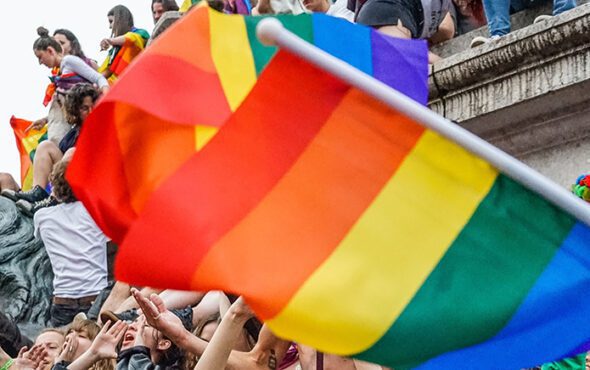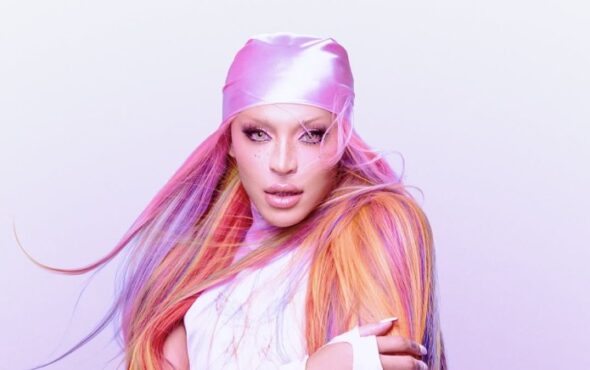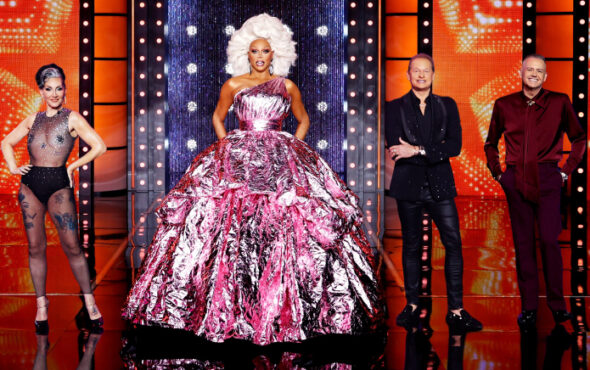
LGBTQ+ people are becoming increasingly conscious of their safety when planning trips abroad, a new study has found.
Almost four in 10 (39%) LGBTQ+ people research their threat of safety before travelling, with a staggering 65% of people who identify as marginalised looking into a place’s attitude towards them before going there.
The reputation of a region’s police force was also a determining factor in whether or not people travel somewhere, with exactly half (50%) of respondents avoiding places where this perception is negative.
Additionally, 67% of those who took the survey said they would look into a country’s police reputation before reporting a serious crime when travelling.
“Queer travellers have to strike a balance between enjoying themselves and not compromising their own safety, and our guides and functionalities have been updated to reflect the need for inclusivity in the travel space,” said Kesang Ball, co-founder of Trippin, the travel platform who conducted the survey.
“The current design of the travel industry erases certain groups of people, specifically those who are intersectionally disadvantaged. For many queer members of our audience, travel can be a stressful experience before you even get on the plane. Many countries have different laws and climates for queer folk and it can be difficult to navigate where to go and what to expect.”
To combat some of the issues highlighted by the research, Trippin has launched a number of inclusive functions to help travellers determine where is best for them to visit.
Dan O’Neil, a wildlife television presenter who has travelled extensively as part of his work, spoke to Trippin about his experiences abroad.
He said: “I’ve been travelling to Guyana for the best part of 10 years. It’s a stunning country with wonderful people, but it is also the only country in South America that still criminalises homosexuality. Though rarely acted upon, these laws that remain as relics of colonial times are used to threaten LGBTQI+ people, and people are still extremely prejudiced, and and are sometimes violent to queer people.
“I’ve definitely been afraid to be my authentic self in Guyana, and had actually hidden my sexuality to everyone I knew there until my last trip in 2021, where I felt safe enough to tell a long term friend and colleague from research days. Now after being more public about my sexuality, everyone there knows, and I’ve largely had very positive reception of it.”
Trippin’s survey was taken by more than 1,600 people from all over the world. You can learn more here.



